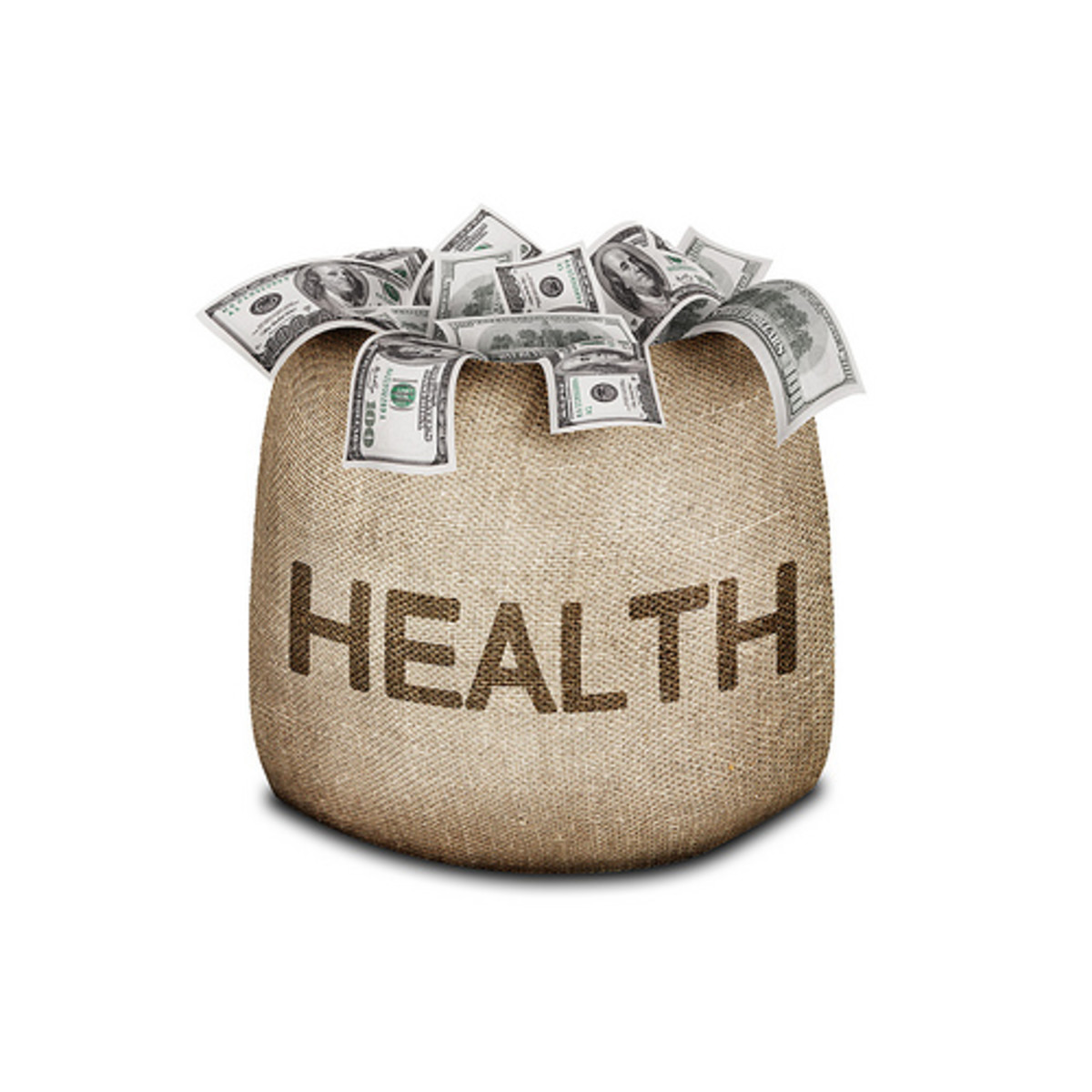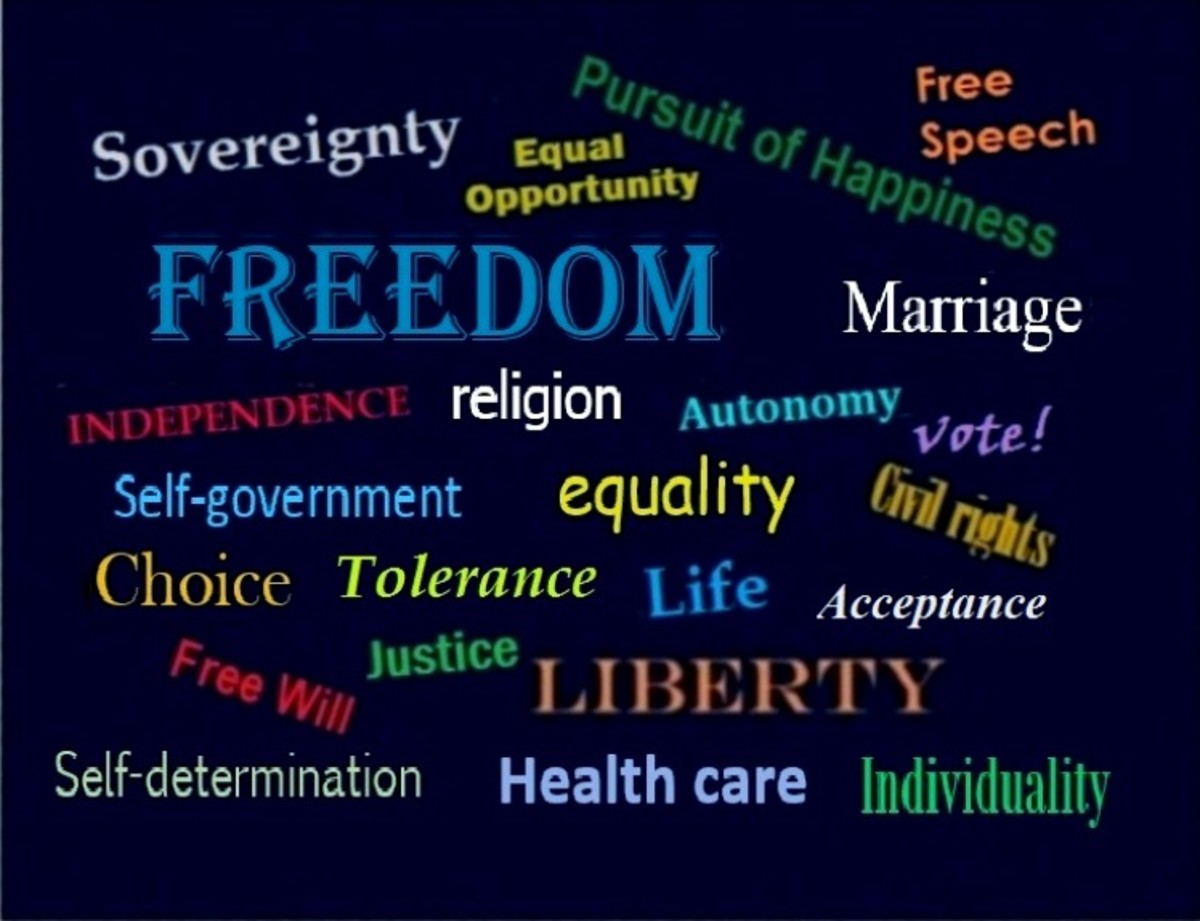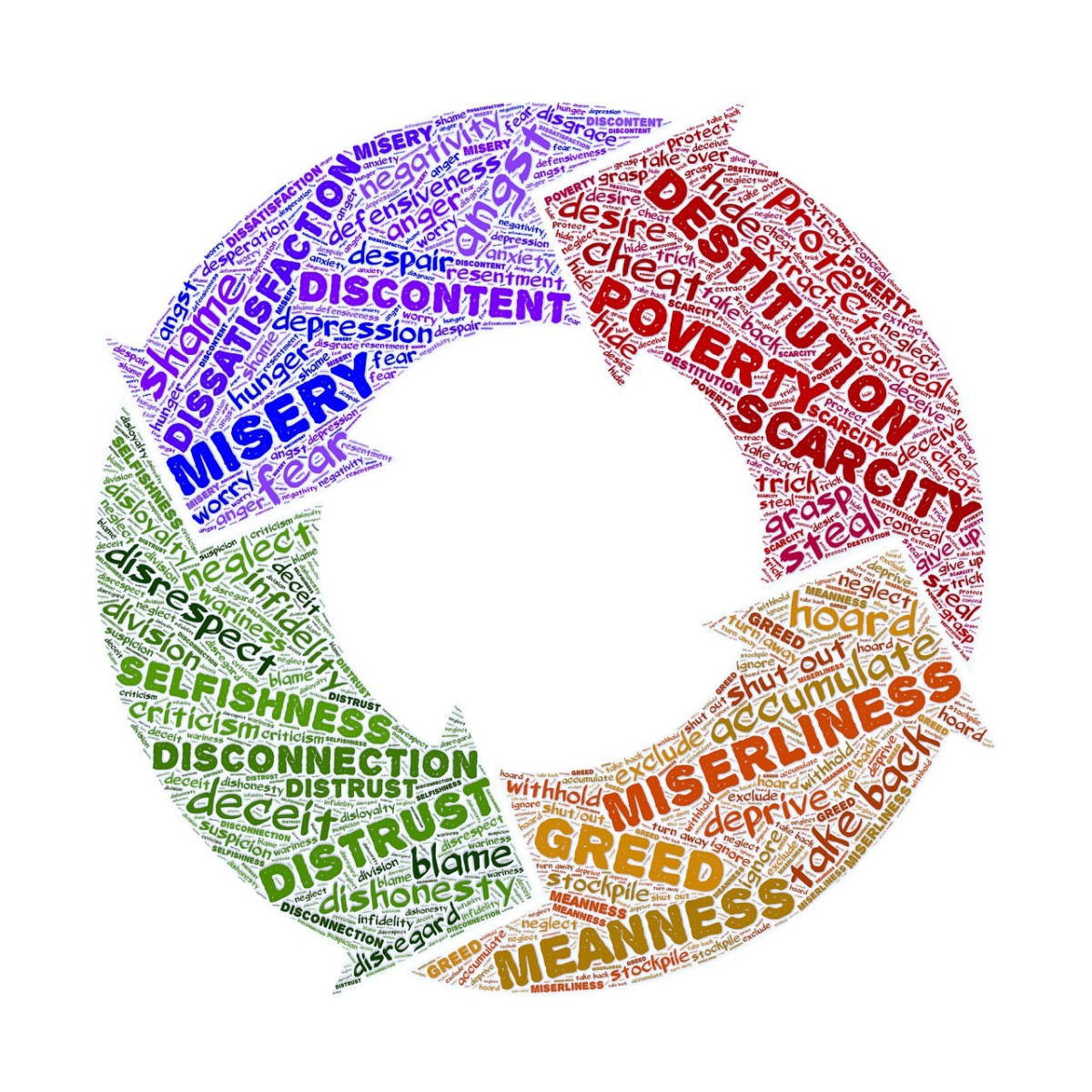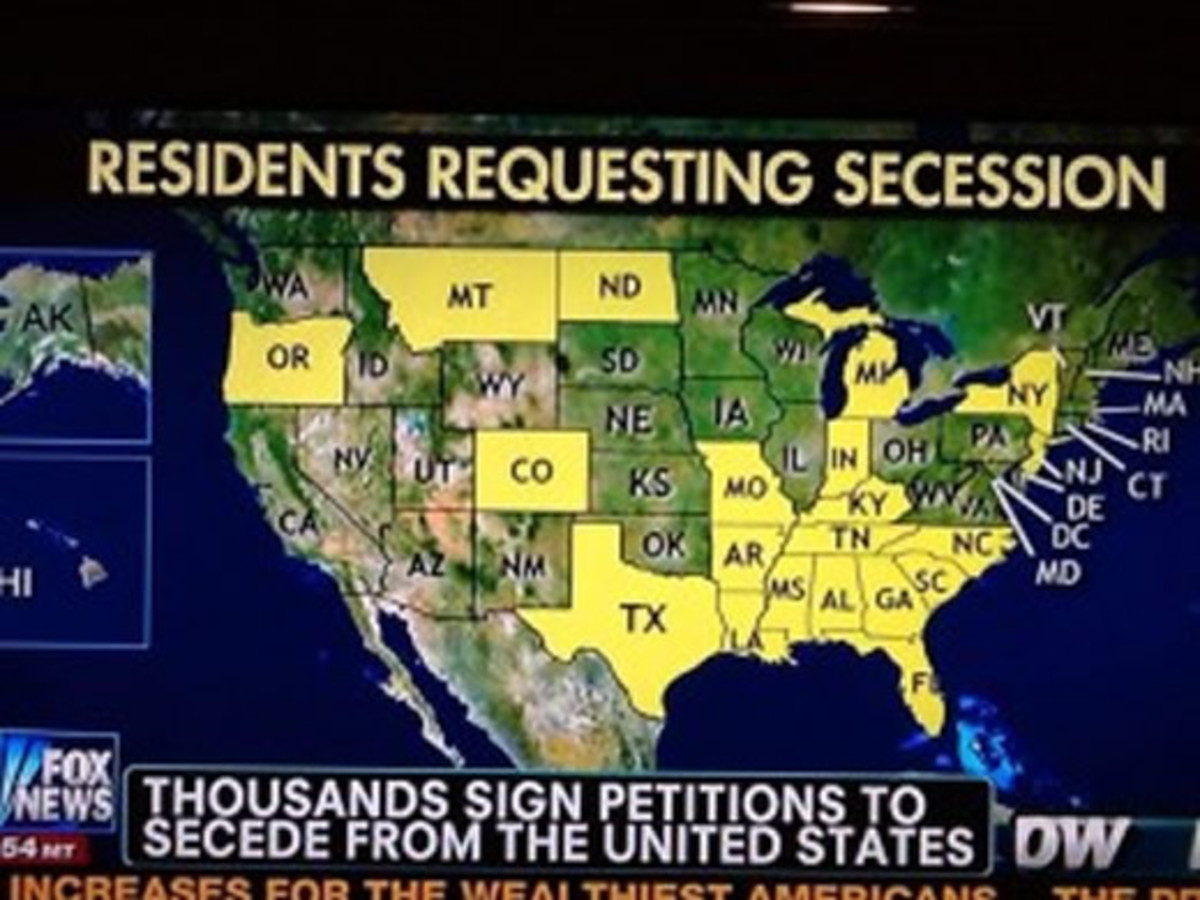Fixing the Doctor Shortage (and other Social Problems Caused by Liberals)
Going Back to the Good Old Days
Much of the following hub is not meant to be taken seriously. If there was a way to communicate tone of voice through the written word, you would hear a steady stream of thinly veiled sarcasm. The idea, outside of releasing a little frustration, is to show what happens when a simplistic worldview is taken to its logical conclusions. So if you have any strong words of praise or criticism for what I am about to say, it may be best to save them for a “true believer.”
There are many arguments that one might make against the Affordable Care Act, more popularly known as Obamacare. One of the best is very simple. At the moment, our nation faces a shortage of primary care physicians. So if the federal government provides a means by which millions of Americans can gain health insurance, and we do not see anything close to a corresponding increase in the number of doctors, this shortage will become even direr. Doctors will become even more overloaded, making it difficult for patients to get appointment times and almost impossible to see one’s primary care physician when there is an immediate need. It is also likely that many doctors, either out of necessity or by choice, will refuse to take on new patients, making the health insurance that many people supposedly possess essentially useless.
The solution, like the problem, is also very simple: do not increase the number of people who have health insurance. In fact, we should go even further. We should reduce the number of people who currently have health insurance in order to lessen the current shortage of doctors. The best way to do this, of course, is to scale back government insurance programs such as Medicaid and Medicare, preferably Medicaid. Medicare recipients at least have some basis in arguing that they “earned” their health care by working for decades. Old people also have too much political clout to allow Medicare to be altered significantly. So it is best to scale back programs for the poor people. They are just taking handouts paid for by the rest of us, after all, and they lack the political clout to threaten the politicians who have the courage to take this step.
This same principle can also be applied to other basic necessities that bleeding-heart liberals want to provide for all people as if they were some sort of human rights. Rent for apartments and homes has been very high in many places for a long time, and the problem was only worsened by the housing crisis. Housing prices are now starting to rise again, which is good news for home owners, construction workers, real estate brokers, and various forms of real estate speculators. It is not good news, however, for people who want to become homeowners, leaving them stuck to pay the high rents mentioned earlier. As with the doctor shortage, some of this price increase is the result of an inventory shortage, a shortage made even worse by foolish government policies.
In many ways, the government is making housing more expensive for Americans. Through the government behemoths of Fannie Mae and Freddie Mac, they are propping up housing prices by purchasing or backing the majority of mortgages. They are also keeping interest rates historically low, creating the potential of inflation over the long haul. But more insidiously, the government also provides artificially cheap housing for all sorts of poor people who could not otherwise afford it through subsidized housing programs and housing projects. So if the government would stop using tax dollars to provide people with artificially cheap housing, it would increase the inventory, particularly for renters, bringing down prices for people who were never eligible for the handouts.
The same principle can also be applied to food. There may come a time when shortages of food drive up prices across the board at the supermarket. Already, due to various forces, prices on specific items will spike from time to time. Meanwhile, the government is essentially giving food away to the poor with food stamps. So particularly at times when food prices rise, the government should scale back food stamps. They can do this for food across the board by reducing the number of people eligible for the handouts. Or whenever prices on specific items reach a certain level, they can exempt these items from food stamp purchases. This way, poor people can only use their food stamps for inexpensive items affordable for those who actually pay for their own food. With the reduced demand created by cuts in food stamps or purchasing restrictions, prices are brought down.
Even liberals give lip service to the obvious fact that the free market constitutes the most efficient economic system ever devised by humankind. And yet they also believe that the government, in such a wide variety of ways, should be handing out goods and services to the “less fortunate,” throwing off market forces and driving up prices for all of us. They always talk about the rights of the poor. What about the rights of everyone else? Why should we both pay high taxes and artificially high prices on goods and services in order to support people who are either too incompetent to support themselves or did not have the foresight to be born to wealthy parents? If Jesus and the Founding Fathers believed that people had a right to basic necessities, then they would have said so in the Bible and Constitution (somewhere next to the parts where they both said that we have the right to own guns).
Now some of the more sophisticated liberals will appeal to an economic argument rather than the standard, humanitarian BS. Low wage workers, they might say, are essential to making our economy function. So if the “working poor” are not paid a “living wage,” and if social services to help keep them alive are stripped away, then how will there be enough fed, housed, and healthy people to keep the economy functioning? There are a couple of effective ways to respond to this argument. First, if the various social programs and corresponding high tax rates that support the “working poor” are stripped away, the resulting reductions in prices will make that $8.25 / hour go much further than it currently does. (We might then be able to help businesses prosper even more by bringing that minimum wage - assuming we even keep that law - down even further). Also, those reduced government services will give people the kick in the ass that they need to get their lives together or to work that extra job (or two or three). Sure, some might not make it, and their children might also suffer, but there is plenty more cheap labor where that came from. And fewer poor kids in the present ultimately mean fewer poor adults in the future. In the war on government spending and human laziness, a certain amount of collateral damage is both inevitable and ultimately beneficial.
Charity, like everything else in society, should be handled by the private sector. Americans give more dollars to international charity organizations than the people of any other country. Sure, in terms of per capita income, the citizens of many other countries are more generous. But if we could just reduce the damn tax rates, I am sure that Americans would give so much more. And there are many people and organizations out there in the charity sector who are willing and able to prevent most people from starving, living on the streets, or dying from diseases. With that can do, innovative, pioneering spirit, Americans can do a much better job than the damn government. How hard can it really be?
In the 19th century, we did not have all sorts of government social programs, and because of this limited intervention, the United States created the greatest economy the world had ever seen. Sure, we had some sweatshops, inner city cesspools, canned sausage laced with rats, and some occasional environmental damage, but these were some of the unavoidable growing pains of progress. Plus, many effective charitable organizations that we still have with us came into being to deal with some of this collateral damage. So let’s go back to the good old days. Just make sure that we still get our tax breaks when we make our donations to charity. We will have earned them, after all, and it goes against human nature to give away something for nothing. Unconditional love is just a hippy pipe dream. As Jesus – or was it Ben Franklin – once said: “Gold helps them that help themselves.”






